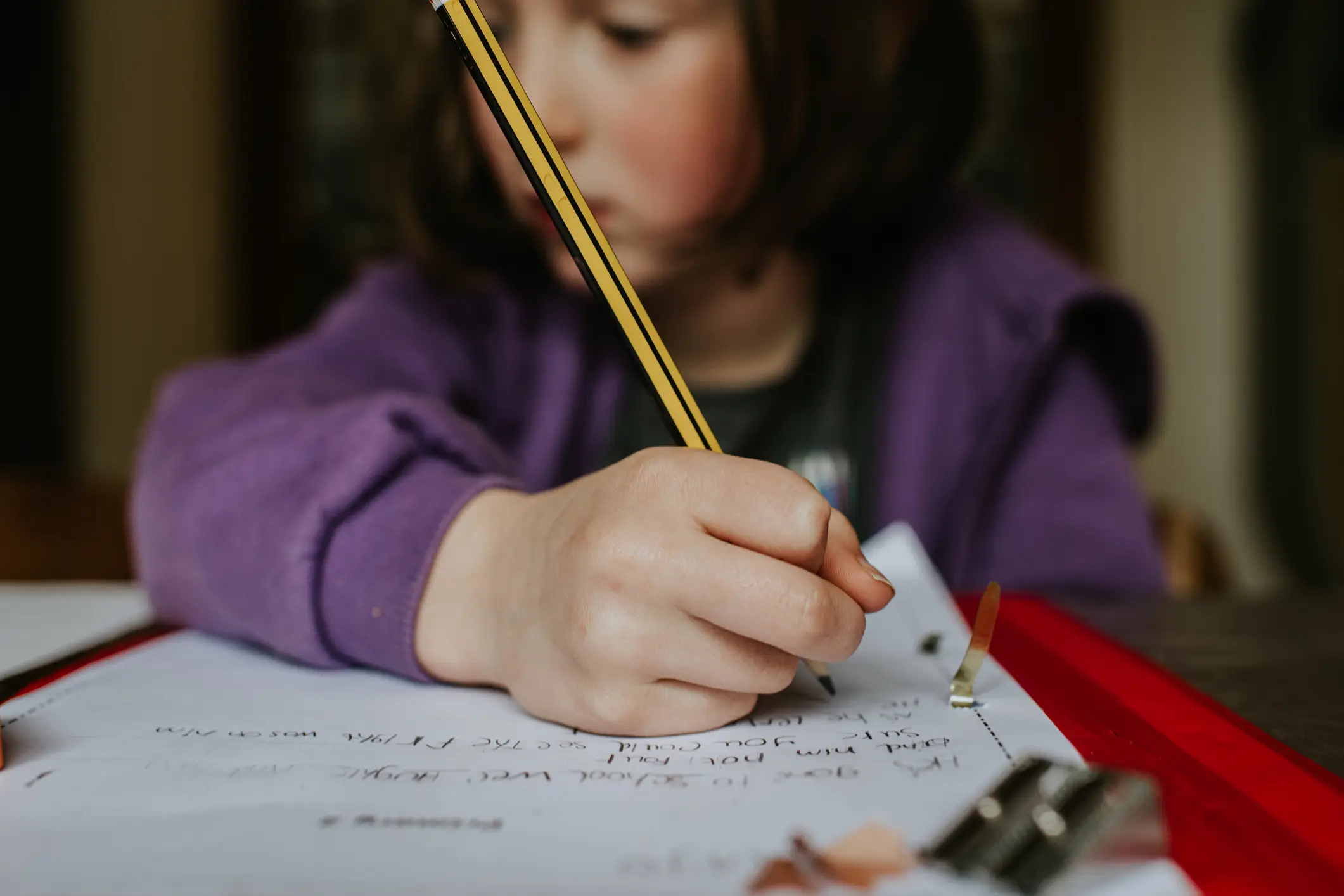
A huge study that’s been decades in the making has left scientists rethinking everything we thought we knew about ‘gifted’ children.
Back in the 1970s, American psychologist Julian Stanley set up a longitudinal survey called The Study of Mathematically Precocious Youth (SMPY) at Johns Hopkins University.
In 1998, the research headquarters moved to Vanderbilt University, which released a short documentary about the project back in 2017.
In Quick Learners; High Achievers: Study of Mathematically Precocious Youth, we hear how Stanley discovered that the standard SAT college entrance exam could be used to identify gifted 12 and 13-year-old students.
Advert

After it became clear that some were able to score as highly as high school seniors, the knowledge was put into action to work out how best these children could have their education supplemented.
Over the years, researchers honed in on a number of findings – including that some of our assumptions turned out to be wrong.
The nature vs nurture debate
David Lubinski, who now co-directs the study with Camilla Benbow, after Stanley retired, argued that it’s not true that fostering a child’s special talents too fervently, or at too young an age, can cause damage in the long term.
"They're kids," he said. "They need guidance. We all need guidance."
Benbow added: “We need to realise these kids are different from the norm – as kids with special needs are – and that we need to be responsive to their learning needs."

A hard day’s work
While it would be nice to believe that being gifted is something that just happens, in reality it’s something that still requires a lot of hard work.
"If you look at exceptional performers in politics, science, music, and literature, they're working many, many hours," Lubinski explained.
It's not just about becoming a doctor
The study has also shone a light on the variety of roles that gifted children can move into.
"Quantitatively, gifted people vary widely in their passions," Lubinski said, with many of the students from the research going on to pursue fields like economics or engineering, as well as more traditionally respected areas like medicine and science.
The research also found that children who are given opportunities in areas that align more with their own personal passions eventually went further.
Lubinski added: "You have to find out where your child's development is, how fast they learn, what are their strengths and relative weaknesses and tailor the curriculum accordingly.
"It's what you would want for all kids."
Topics: Science